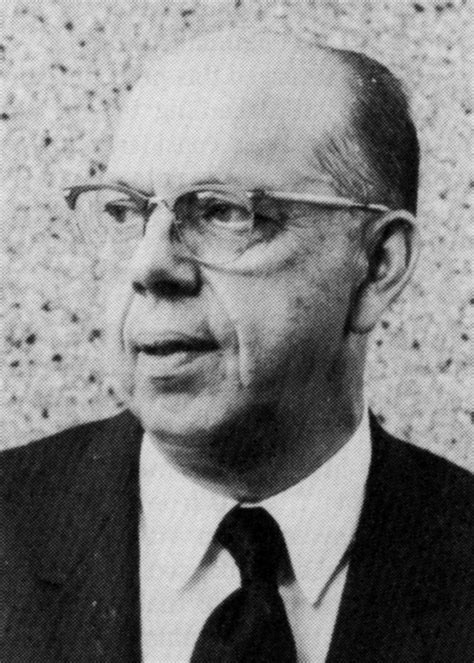A Quote by Philip Abelson
Part of the strength of science is that it has tended to attract individuals who love knowledge and the creation of it. ... Thus, it is the communication process which is at the core of the vitality and integrity of science.
Related Quotes
The knowledge of the individual citizen is of less value than the knowledge of science. The former is the opinion of individuals. It is merely subjective and is excluded from policies. The latter is objective - defined by science and promulgated by expert spokesmen. This objective knowledge is viewed as a commodity which can be refined... and fed into a process, now called decision-making. This new mythology of governance by the manipulation of knowledge-stock inevitably erodes reliance on government by people.
Industrial Society is not merely one containing 'industry,' large-scale productive units capable of supplying man's material needs in a way which can eliminate poverty: it is also a society in which knowledge plays a part wholly different from that which it played in earlier social forms, and which indeed possesses a quite different type of knowledge. Modern science is inconceivable outside an industrial society: but modern industrial society is equally inconceivable without modern science. Roughly, science is the mode of cognition of industrial society, and industry is the ecology of science.
The fact of evolution is the backbone of biology, and biology is thus in the peculiar position of being a science founded on an unproved theory -is it then a science or a faith? Belief in the theory of evolution is thus exactly parallel to belief in special creation - both are concepts which believers know to be true but neither, up to the present, has been capable of proof.
No science of any kind can be divorced from ethical considerations... Science is a human learning process which arises in certain subcultures in human society and not in others, and a subculture as we seen is a group of people defined by acceptance of certain common values, that is, an ethic which permits extensive communication between them.
There are types of energy which lie outside the electromagnetic spectrum. Unfortunately, these research efforts have not been given recognition. For the most part, they have been performed by individuals without any support, whose work lies at the threshold of present-day science, and who are years ahead of science which is already established.
The whole point of science is that most of it is uncertain. That's why science is exciting--because we don't know. Science is all about things we don't understand. The public, of course, imagines science is just a set of facts. But it's not. Science is a process of exploring, which is always partial. We explore, and we find out things that we understand. We find out things we thought we understood were wrong. That's how it makes progress.
For this knowledge of right living, we have sought a new name... . As theology is the science of religious life, and biology the science of [physical] life ... so let Oekology be henceforth the science of [our] normal lives ... the worthiest of all the applied sciences which teaches the principles on which to found... healthy... and happy life.
We look for medicine to be an orderly field of knowledge and procedure. But it is not. It is an imperfect science, an enterprise of constantly changing knowledge, uncertain information, fallible individuals, and at the same time lives on the line. There is science in what we do, yes, but also habit, intuition, and sometimes plain old guessing. The gap between what we know and what we aim for persists. And this gap complicates everything we do.



































